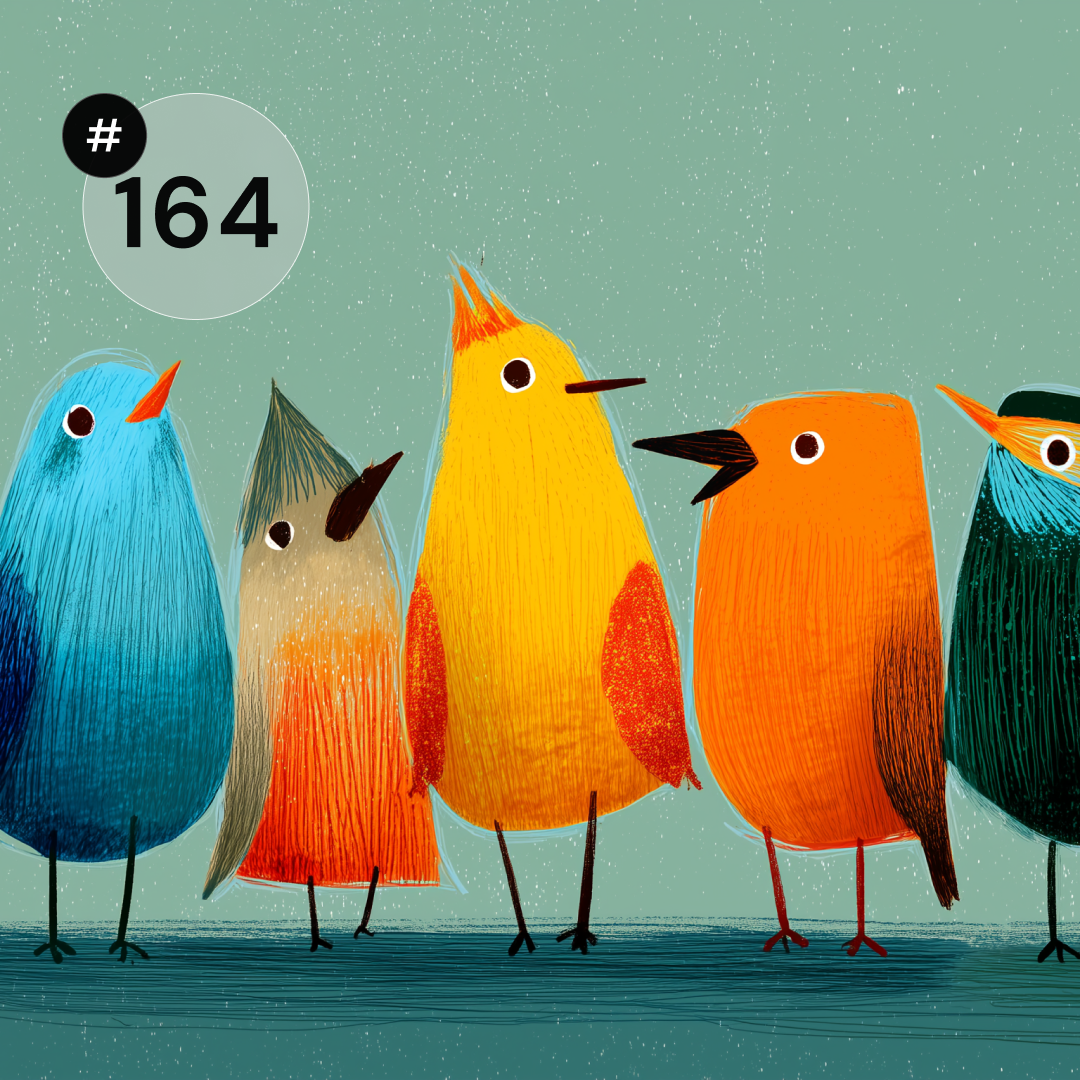In the old days, when a newcomer appeared in a castle or palace, he was presented with all the more or less real merits - that brave, valiant, just, etc. - what PR, such presentation. This is exactly how we get to know the product in advertising. But what if every ad was Pinocchio? If so, with every lie, lie, naked truth, then the nose would stretch like another section of the Polish highway, like a memorable signal of the wrong answer in Familiada, which, when watching an advertisement in moments of half-truth, would let us know that someone was probably... carried away by the imagination.
Don't have an idea for dinner? Eat Snickers!
I love Snickers... even though I ate (devoured) it almost every day in college, I could keep doing it. But I will honestly admit that I am also a fan of his PR. Well, look - we unpack this bar (which is important to remember) - nuts, caramel and chocolate, and in the head one of the versions of the slogan “hungry? What are you waiting for?” No more for nothing! I already have it. Already the taste buds stomp and clap the rhythm of “We will rock you”. And then follows the whole symphony of onomatopoeia. It was so simple, so quick — all you had to do was reach for it and unpack it like a banana monkey... And already, according to the intention of the advertisement, full of a “full-fledged” meal. Ba, loaded like a cannon with gunpowder. And what kind of powder was that? White, after all. It was sugar.
“White Death” from the pharmacy
Sounds like the title of some class B crime novel, but no. We stay with sugar, which, as you can see, does not have much good PR on a daily basis. And meanwhile, it turns out that “white death” can be sold in pharmacies, and at a price higher than in Biedronka (sic!). In the autumn-winter period, a cartoon advertisement for Oscillococcinum appears on the screens, in which white balls stuffed under the tongue put on the feet of even a bedridden patient. Looking at the label, we see this magic recipe — unchanged for 65 years. So it has been healing for generations... What exactly gives such a kick? 0.85g sucrose (regular sugar from the package) and 0.15g lactose (milk sugar). However, such a granule may contain trace amounts of the active substance - exactly 1 molecule per 10400 (1 and 400 zeros) of solvent, that is, in practice it simply does not exist. And parents always said: do not eat so much sweets... But let's go back to the sick person who already felt better - he felt the first effects of the action of super-sugar. Miracle? No, at least maybe a little. The usual placebo effect. Does advertising lie or does advertising cure?
Blueberry juice from grapes
There is a limit that even a fairy tale writer like advertising cannot cross — this limit is an outright lie. There is no sweet lie there — there is no blueberry juice, which consists of 20% of the juice from the berries, and the rest is grape juice and the most important thing is that the taste is dominated by berries. It is about showing some faked data, blatant misinformation about the composition, lies by the big K, which cannot be explained otherwise than by deliberately misleading the customer, and which are not saved by the label. Well, no miracles, pears on willow. Well... pears on a willow, that would be fat. And the fact that someone let us into raspberries with too little juice in the juice is a trifle. In this case, smaller means more, because the main thing is what is on the back of the label, and not on the front
The truth, the truth itself and... advertising
Everyone has known that advertising lies for a long time. We all know that television is lying. But, as Dr. House said, everyone is lying... in general. And if so, then everything is in order... And yet people rather believe advertising. Almost half approach advertisements with a distance and sometimes find a pinch of truth in them. One in four people even adds that they always or almost always believe in the story of the brand. Only 28% say they don't believe advertising. It's just that even marketers succumb to commercial magic - after all, just because a doctor knows about a given disease does not mean that he is immune to it.












